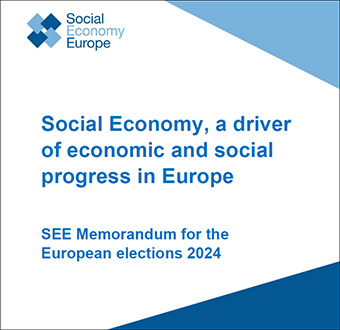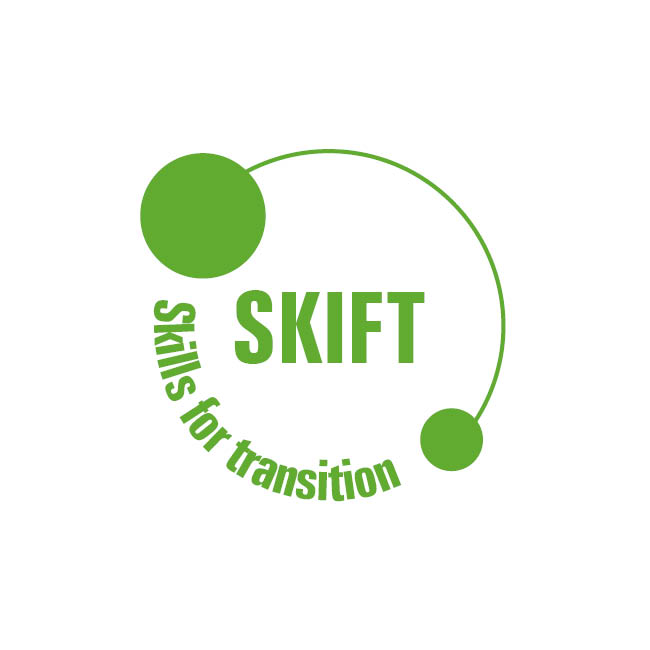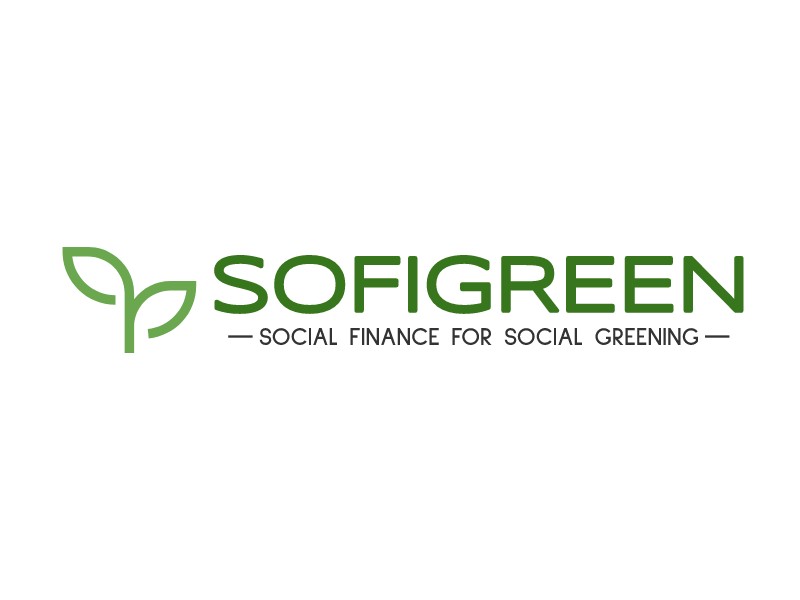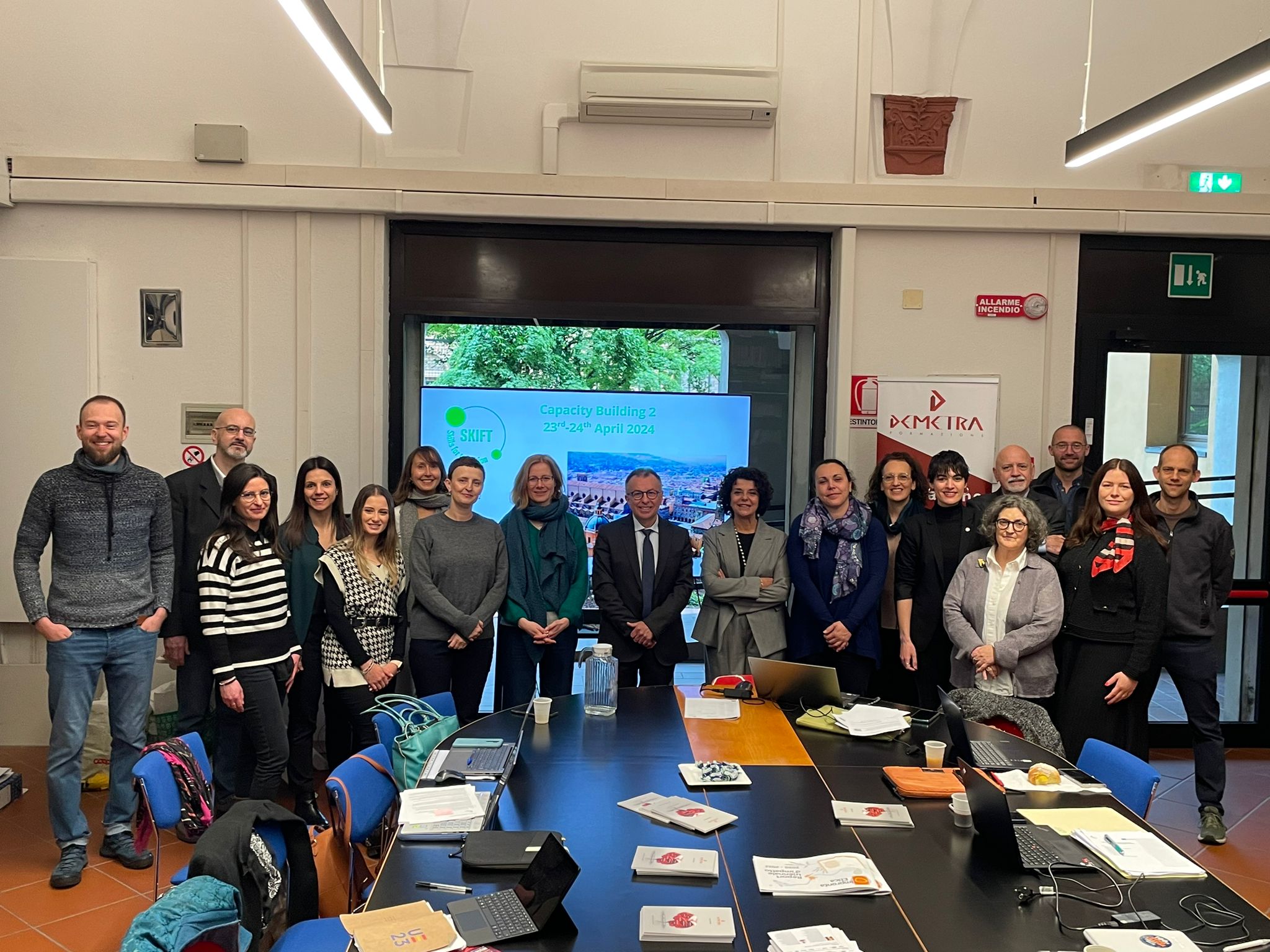[:en]
“Crescendo in Bellezza” is the motto chosen by the project “Integral ecology for childhood rights” (short EIDI), developed by a partnership between public and private social organizations of two Italian cities characterized by substantial differences, but with a common vision: Messina and Brescia.
EIDI is financed within the framework of the activities of the “Impresa Sociale con I Bambini, within the framework of the Fund to combat child educational poverty “, an initiative created with the aim of managing the Fund to combat child educational poverty, provided for in the Memorandum of Understanding signed on 29 April 2016 between the President of the Council of Ministers, the Minister of Economy and Finance, the Minister of Labour and Social Policies Italy and the President of Acri, the association of foundations of banking origin. This is an original initiative that aims to go beyond the public service obligation in order to develop and apply social innovation in the field of child poverty.
The European pillar of social rights reads “Children have the right to affordable early childhood education and care of good quality” and “Children have the right to protection from poverty. Children from disadvantaged backgrounds have the right to specific measures to enhance equal opportunities”. “Crescendo in bellezza” aims to pursue these two sets of priorities in a holistic way, acting in all spheres of the life of the child, as an individual, but especially as part of a social context.
In order to pursue this aim, in Messina and Brescia activities are carried out that combine already known instruments and sophisticated instruments of social engineering, which draw on the sociological and pedagogical sphere, but also on the financial and cultural sphere.
This project is developing actions of “behavior change” that start from 9 months of pregnancy and accompany the first two years of life of the child. In the first days of life, the operators, through the activity of “home visiting” bring to the families of newborns the greeting of the community, promote universal access to services, inform parents about the importance of some choices to lay the foundations of a healthy growth of the child, promoting aloud reading and listening to music.
In addition to these activities focused on the child and its immediate social context (the family), there are also actions that promote the growth of a community that as a whole can generate alternatives on the main areas of human functioning of newborn children and their families (knowledge, sociality, work).
The articulation between these two levels is clearly not a simple process. Nevertheless, it seems to be the most effective way to pursue the objectives that are also those of the European Pillar, in order to maximise the effectiveness of the individual intervention in a context of increasing complexity.
What did the project develop in the first implementation period? The pursuit of complex objectives clearly requires the analytical implementation of ground activities. In this sense, in the two territories the so-called “times for families” have been implemented, an action that offers, to children from 0 to 3 years old, who do not use, due to lack of other services on the territory or for income and/or cultural barriers, a participatory space of educational empowerment. The service offers, on the one hand, adults the opportunity to build a family and social support network, and on the other hand, children the opportunity to use play areas designed to lay the foundations for integral and harmonious growth.
Alongside these, the systemic action develops support for social entrepreneurship for work integration activities and reconciliation of need for income and parental care, particularly in lone parent families. A multidisciplinary team supports the development of inclusive forms of productive civil economy through incentive actions and territorial promotion.
Perhaps the most interesting peculiarity of this project is the methodology of high intensity interventions (those that respond to particularly complex needs) centered on the idea of assigning to each beneficiary a stock, a personal capital of capability. This one-off budget can be invested for: – living in a chosen house; – encouraging the entry, maintenance and reconciliation of the work of the parent, in collaboration with the social economy of the territory; – establishing a scholarship for the future of the child, and/or to facilitate the acquisition of skills of one of the parents necessary for the work; – determining a health budget to support in the long term any gaps in autonomy of the parents.
It is therefore, as we can see, the implementation of a policy that can serve as a model of action at European level, and which aims to develop a solid methodology of actions, as well as, of course, to improve the quality of social inclusion – a term in this case absolutely consistent – of newborns
The project was selected by Con i Bambini within the framework of the Fund to combat child educational poverty. The Fund is the result of an agreement between the Foundations of banking origin represented by Acre, the National Forum of the Third Sector and the Government. It supports interventions aimed at removing economic, social and cultural obstacles that prevent children from fully enjoying the educational processes. In order to implement the Fund’s programmes, in June 2016 the social enterprise Con i Bambini was set up, a non-profit organisation entirely owned by the Fondazione CON IL SUD. www.conibambini.org
For more information on “Con i bambini”: https://www.conibambini.org/[:]
 Docs
Docs  Support
Support 







